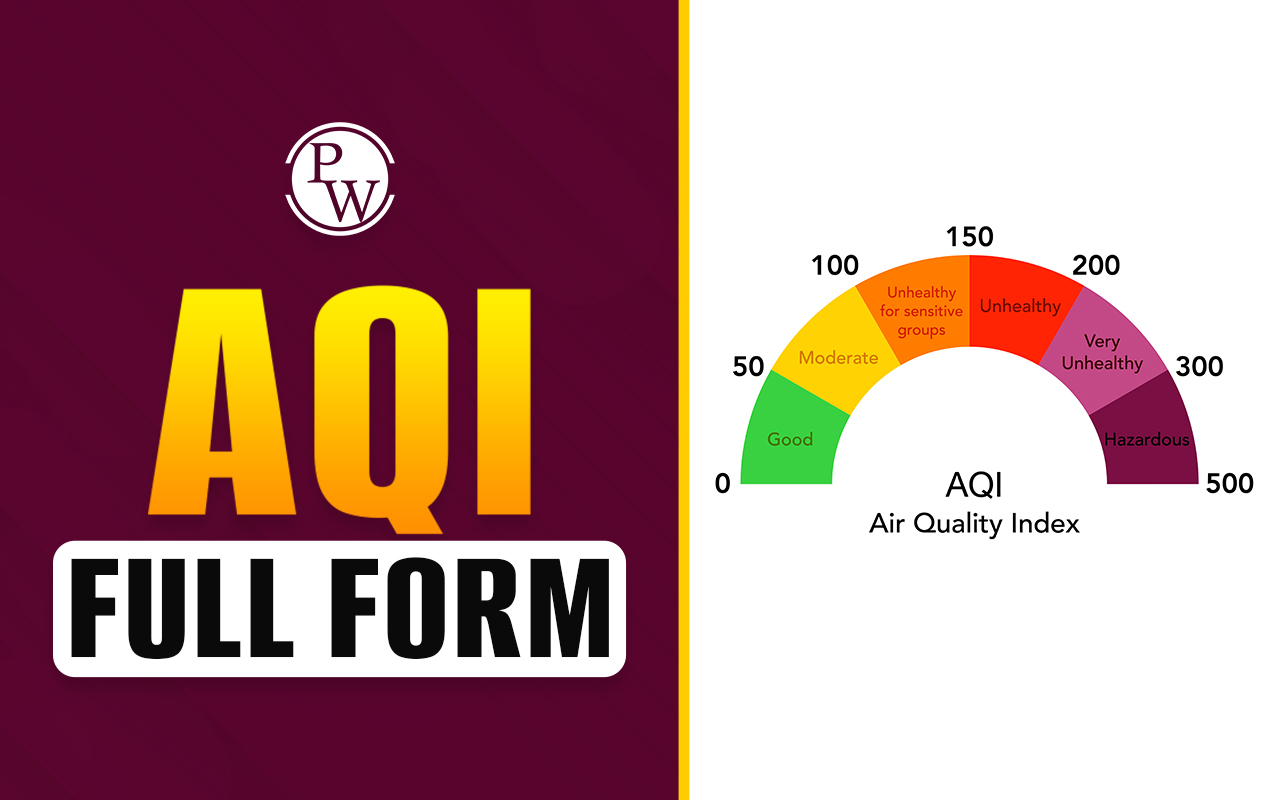
The full form of SDPO is Sub-Divisional Police Officer.
The SDPO is responsible for maintaining law and order, solving crime cases, and ensuring traffic rules in a particular area. A Sub Divisional Police Officer (SDPO) is in charge of a sub-division or a police station in a particular region.
In many countries, including India, Bangladesh, and Pakistan, police forces are organised at various levels. The primary responsibility of SDPO is maintaining law and order, preventing and investigating crimes, and ensuring public safety in their area.
In addition, the SDPO has to report to the Superintendent of Police (SP) in charge of the district. They are also responsible for supervising the work of police officers in their sub-division. Also, the role of an SDPO may vary depending on the location they are posted. Some of their primary work includes conducting regular patrols, maintaining law and order, investigating cases, maintaining law and peace, and others.
Furthermore, they play an essential role in maintaining the peace and security of their area. They also ensure the safety of the local citizens there. Whenever there is a problem, the citizen first reaches an SDPO for assistance.
SDPO Important Facts
There are some of the facts about SDPO given below:
- The SDPO is a police officer in charge of a particular sub-division or police station.
- They are primarily in charge of maintaining law and order, preventing and detecting crime, enforcing the law, and other responsibilities.
- In most cases, they are police officers with the rank of Deputy Superintendent of Police (DSP).
- They are answerable to the district's Superintendent of Police (SP).
- SDPOs are accountable to higher authorities—for example, the Superintendent of Police or Deputy Inspector General of Police.
- They play an essential role in maintaining peace and security in their area.
- Furthermore, they are the first point of contact for citizens who require police assistance.
- They may be involved in community policy initiatives. They also plan initiatives to strengthen relationships with the general public and build trust.
Duties of Sub-Divisional Police Officer
The duties of a sub-divisional police officer may vary depending on the needs of the area and the people living there. However, below are some of the ordinary duties:
- Maintaining law and order
The most critical work of SDPO officers is to maintain peace and security in their posted areas. They have many responsibilities in their areas, like patrolling the area, responding for help, taking action, ensuring safety, and others.
- Preventing and detecting crime
They are responsible for investigating crimes in their areas and arresting suspects. They may also take some steps to prevent crimes and implement security measures.
- Enforcing the law
The SDPO is responsible for enforcing laws. It includes traffic laws and other sectors. In addition, they are responsible for maintaining laws in significant organisations in their area.
- Managing other personnel
They are also in charge of managing, overseeing, and training the police officers. They can assign tasks, assess their performance, and give others training.
- Collaborating with additional agencies
The SDPO officers also work with governmental organisations such as healthcare, municipality, etc. They contribute wherever needed. Also, they have to ensure that the needs of the communities are met.
- Having Records and Reports
Being a SDPO comes with a lot of responsibility in hand. Officers have to maintain records of almost all incidents in their sub-division. They also provide regular reports to their seniors about the status in their area.
Types of Sub-Divisional Police Officers
There are different types of Subdivisional police officers in India. The division is based on their responsibilities, duties, and several other factors. Below given are some important divisions of the SDPO:
- Traffic SDPO
The role of a traffic SDPO is to regulate traffic laws and safety within their area. In addition, they may manage traffic flow, issuing challans to drivers who break the rules. They also work with other agencies to provide a better traffic experience.
- Crime SDPO
A crime SDPO is responsible for investigating and detecting crime within their sub-division. They collaborate closely with the public to gather data on crimes, identify relevant evidence, and arrest suspects.
- Law and Order SDPO
They are mainly responsible for maintaining peace and stability in their area. Also, they carry out regular patrolling, helping people in need, providing safety, be kind to others. They also work with the locals to solve their problems and concerns about their safety. Their main objective is to make the citizens believe that they are safe.
- Special Branch SDPO
The Special Branch officers generally handle big and complex cases. They are responsible for gathering intelligence and information about the threats to the safety of ordinary people. They also work with the intelligence agencies to answer these issues.
- Cybercrime SDPO
A cybercrime Sdpo is responsible for preventing cybercrime in their sub-division. They also work with the locals to keep a check on these crimes. Also, they provide proper assistance to those who need help or those who have been caught in this fraud.
Sub-Division Police Officer Selection Process
The selection process for a Sub-Division Police Officer is based on various factors. However, below we will cover the selection process.
- You must be eligible to sit for the when you have a bachelor's degree. Also, your age should be at least 23 years.
- Candidates need to pass the written exams. After the written test, a physical test is taken. It contains jumping, running, chest, etc.
- The final round of the exam is the Interview round. It does not contain a strict syllabus, but students are judged according to their capabilities. It assesses the candidate’s communication skills, leadership, and knowledge.
- Also, a medical examination is done to check that the candidate onboard is fit and healthy. They undergo some medical tests to determine their physical and mental health.
- After all, the result is calculated based on the performance of the above exams. They include written tests, physical tests, and medical tests.
SDPO Eligibility Criteria
Some eligibility criteria need to be followed to sit for the exam. Below given are some of the essential eligibility criteria:
- Every candidate needs to complete their graduation and must be at least 21 years of age.
- The age limit of the SDPO is between 21 and 30 years. However, this may vary based on the state and category of the candidate.
- Also, candidates need to be physically fit and meet all the standards set by the state police department.
- Besides, the candidate must be a citizen of India.
However, candidates having the above qualities can apply for the post of Sub-Divisional Police Officer.
Salary of SDPO
The salary of a Sub-Divisional Police Officer (SDPO) in India varies depending on their rank, experience, and state. They are paid according to the pay scale for the Indian Police Service (IPS).
However, the average salary of the SDPO officer is approx Rs. 11,88,579 in India. However, it may have differences based on location in which the officer is posted.
Also, there are various allowances and benefits given to the officers by the government of India. This includes healthcare allowance, travel allowance, and other allowances and benefits.
[wp-faq-schema title=" Full Form of SDPO FAQs" accordion=1]
Q1. What is the work of SDPO?
Q2. How are SDPOs appointed in India?
Q3. Are SDPO officers superior to DSP officers?
Q4. What is the minimum qualification to sit for the SDPO exam?
Q5. Are there any age limits for the SDPO exam?










